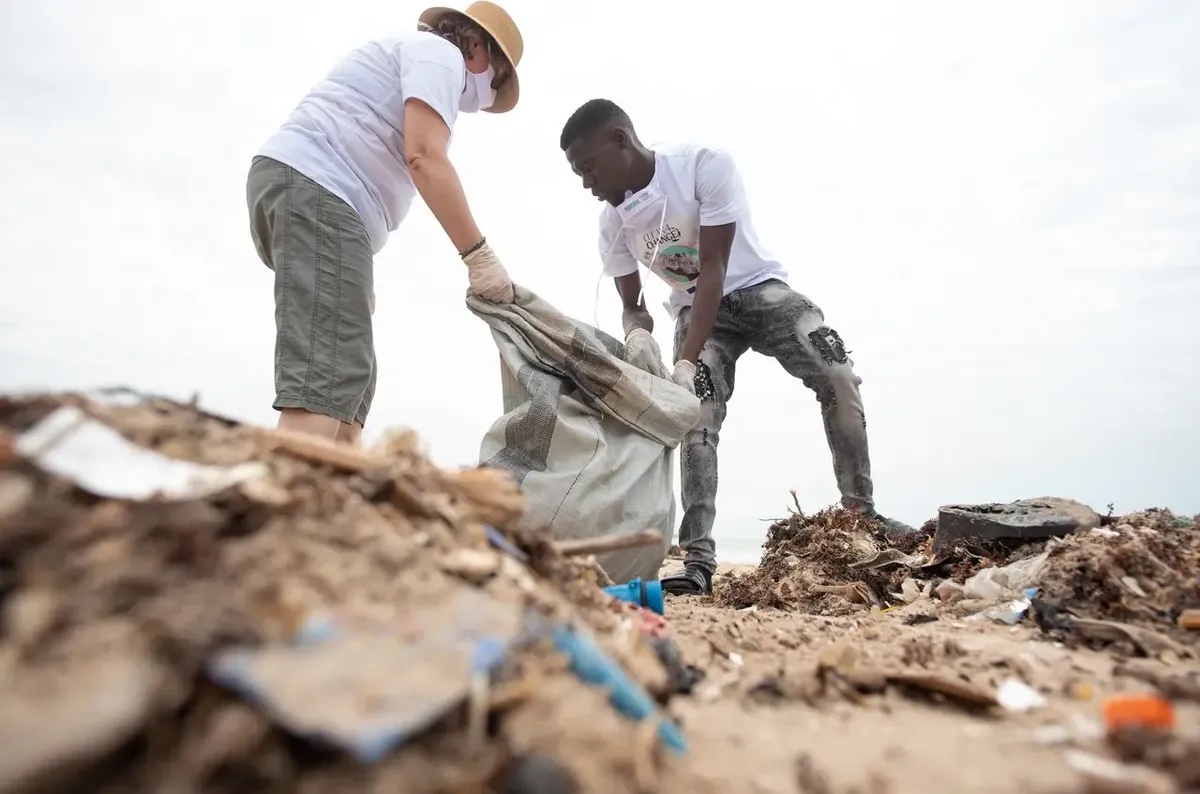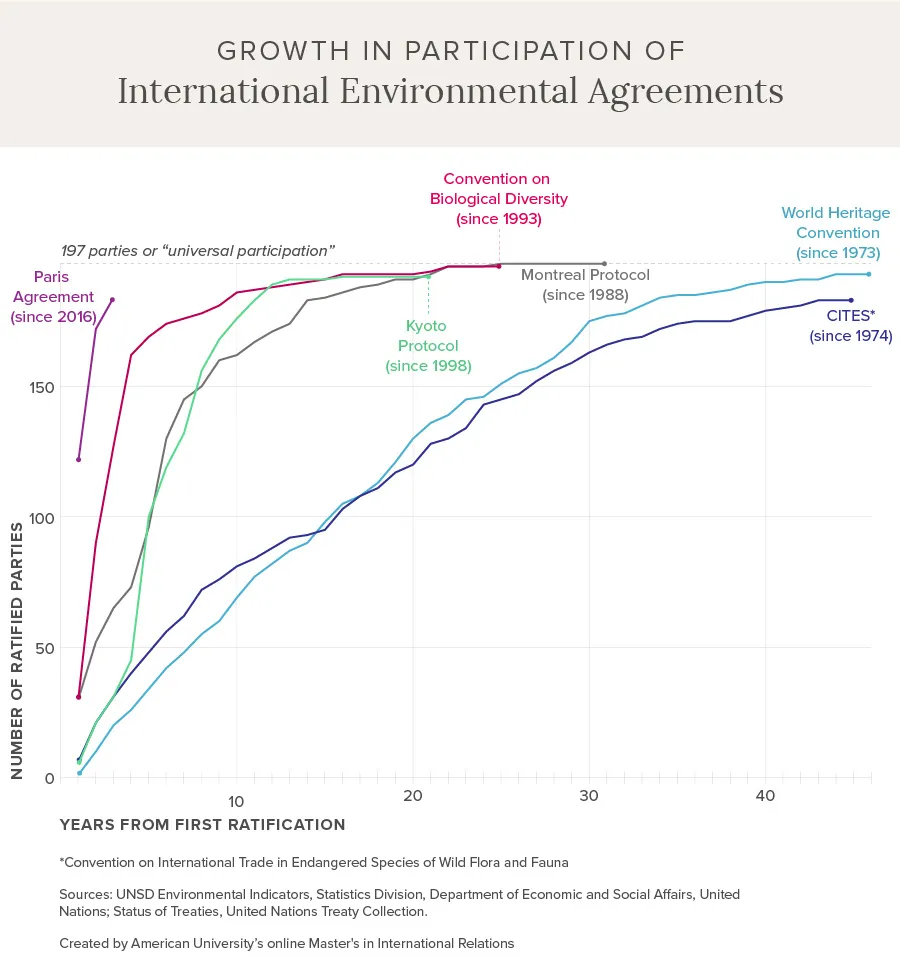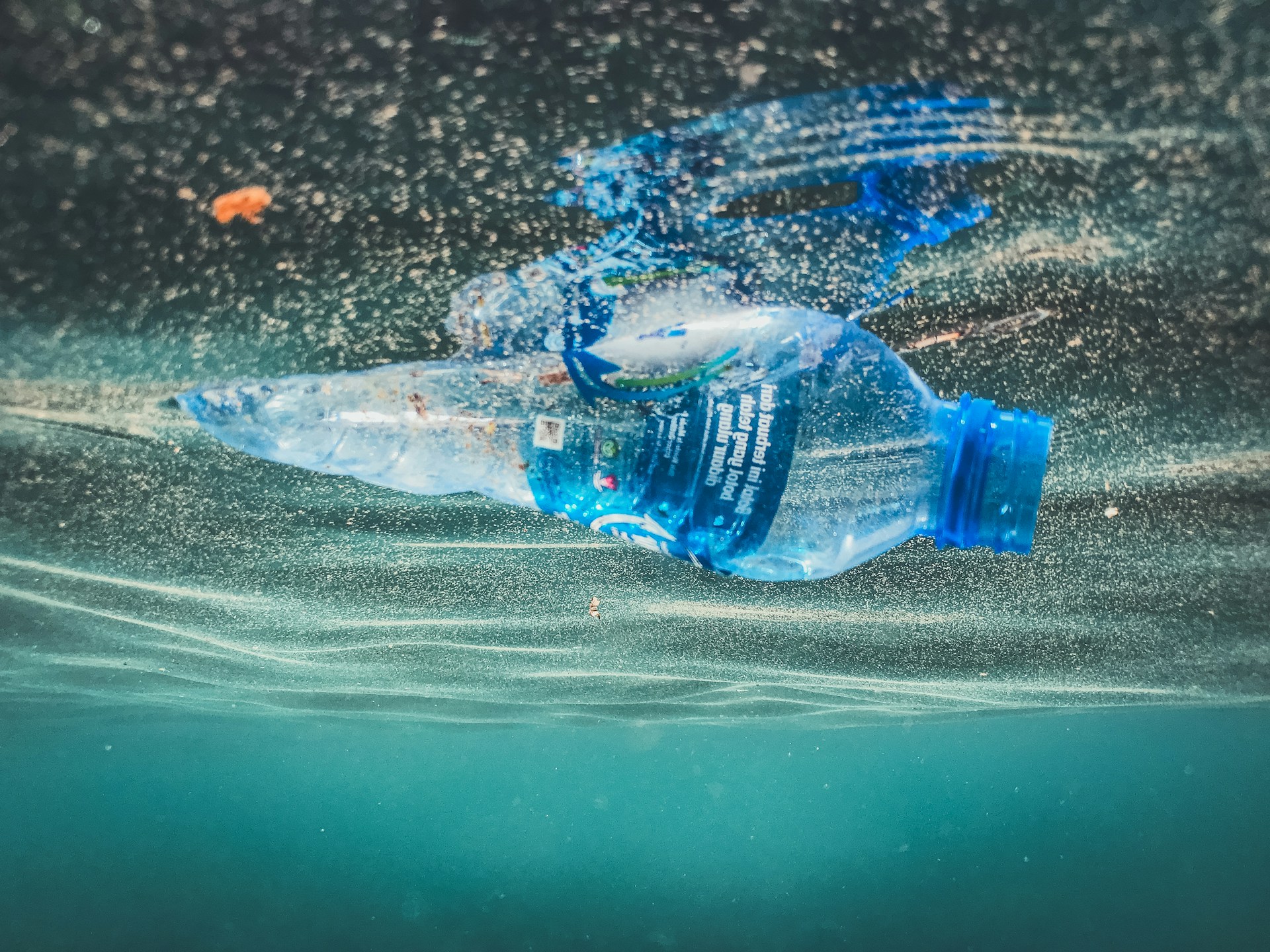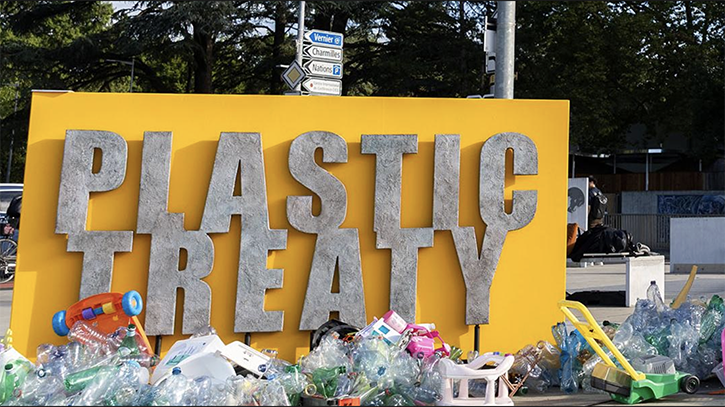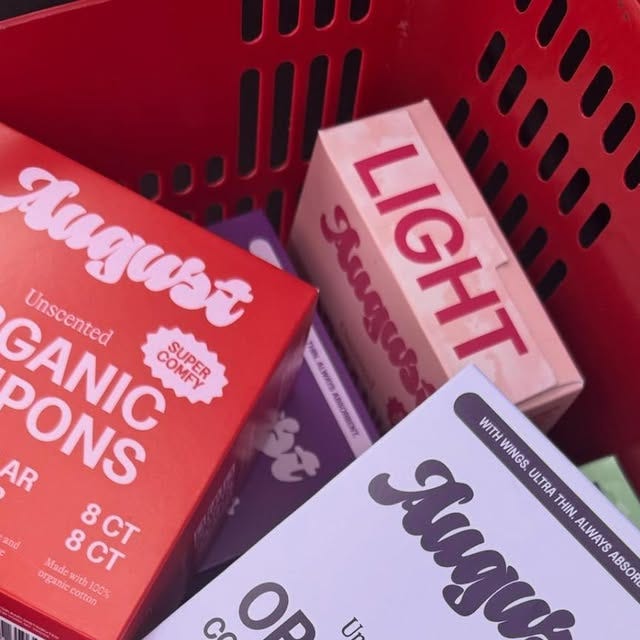Introduction
At this historical moment in the plastic crisis, it’s nearly impossible to sidestep mounting plastic pollution. Piles of plastic waste accumulate in neighborhoods and coastlines across the world. An estimated USD 15 trillion in investment is needed between 2025 and 2040 to reduce global annual mismanaged plastic volumes by 90 percent relative to 2019 levels. [1]
Who will pay to clean up this pollution, and how can we stop the ongoing flow of plastic waste?
Discarded materials collectors, indigenous people, scientists, environmental protection groups, and other organizations push forward in a global movement to reduce plastic pollution. They urge their governments to stop the proliferation of plastic waste, while fairly compensating those who clean up the pollution on the ground.
Pressure from petrochemical companies and oil-producing nations derail negotiations. They push plastic production to full-tilt, profiteering at the expense of human health and environmental impacts. Products are churned out without regard for end-of-life waste management burdens, recyclability, and chemicals of concern.
Plastic supply chains span the entire world. Plastic waste is exported from rich countries to poor countries. Pollution leaks across borders and into the ocean. We need an international Plastic Treaty.
Background on the INC
The Intergovernmental Negotiating Committee on Plastic Pollution (INC) started in 2022, convening delegates from 183 countries to “develop an international legally binding instrument on plastic pollution”.
- See Plastic Collective’s blog, Everything you need to know about INC-5 and the Global Plastic Treaty
The most recent session 5.2 happened on August 5 to August 15, 2025 in Geneva, Switzerland.
What happened in Geneva?
The push-and-pull between plastic producers and governments was on full display. Unfortunately the negotiations failed and no decision was reached.
“High ambition countries” that make up a majority, support a mandatory agreement that includes:
- Global production limits on plastic production
- Global list of acceptable chemicals, and to ban Chemicals of Concern and toxic additives
- Packaging re-design to reduce primary raw materials and increase recyclability
- A polluter-pays financial mechanism that provides special attention to developing countries and small island states.
A smaller group of “Like-Minded Countries” from oil-producing nations:
- Want the treaty to be voluntary
- Focusing only on waste management
- No plastic production limits
Petrochem Lobbyists Outnumber all other Delegates
Petrochemical lobbyists formed the largest single grouping of delegates at INC 5.2. Their oversized influence bolsters the pared-down voluntary proposal of the “Like-Minded Countries”.
- For example, Dow Chemical opposes plastic production limits, but supports mandates on recycled content, improved packaging design, and extended producer responsibility.
It’s interesting to note that the business world is taking note of plastic pollution:
- Finance institutions worth a combined 17.2 trillion USD signed a letter saying that financial performance is threatened by plastic pollution, since it harms ecosystem services, as well as people and the economy. They support clear regulatory frameworks and Extended Producer Responsibility.
Observers not allowed to present closing statements
After long overnight sessions,
the committee announced that no agreement had been reached. Countries were allowed to give their closing statements. But in contradiction to the rules, the session was adjourned without allowing observers to make closing statements.
Some statements from indigenous groups, waste pickers, scientists, and NGOs are covered here. The statements demonstrate an intense anger and urgency to overcome corporate greed, heed scientific evidence, and address the environmental damage and toxic health risks caused by plastic waste.
What comes next?
It seems likely that the negotiations will be restarted from the INC 5.1 versions. A member state must be willing to fund the next convention location. Overall, the general opinion is that although this failure is disappointing, it is better than a weak, voluntary Treaty.
At Plastic Collective, we like to remember that the world is getting better at agreeing and ratifying multilateral environmental agreements. We call this the “Chart of Hope”, since we hope that a robust Plastic Treaty will be achieved soon. The 1974 CITES (Convention on International Trade in Endangered Species) agreement took 40 years to be ratified by 150 countries; the Paris Agreement (which emerged from the UN Framework Convention on Climate Change) took two years to reach the same milestone. We are also hopeful that an agreement between high ambition countries, combined with continued pursuit of Extended Producer Responsibility legislation at national level, will ultimately provide a pathway for a comprehensive, legally binding global Plastics Treaty.
